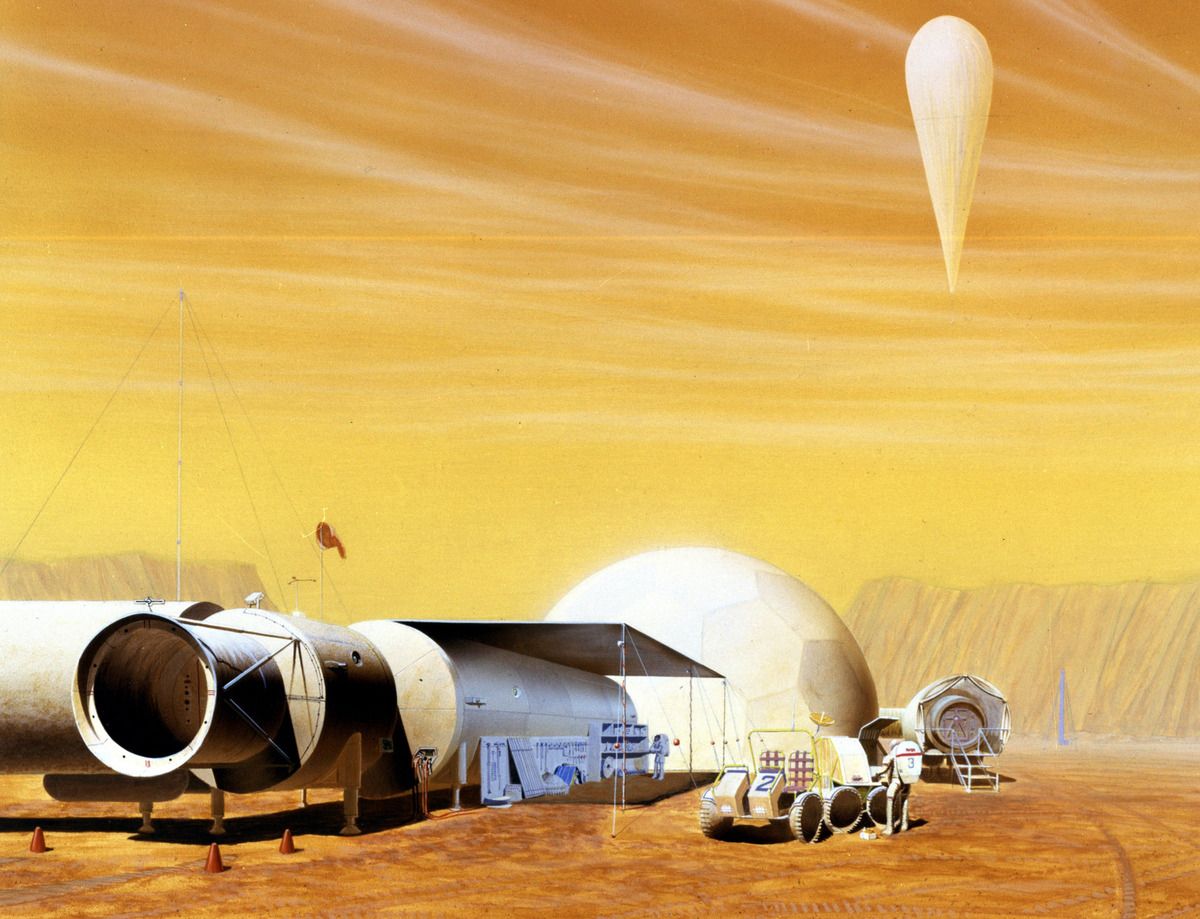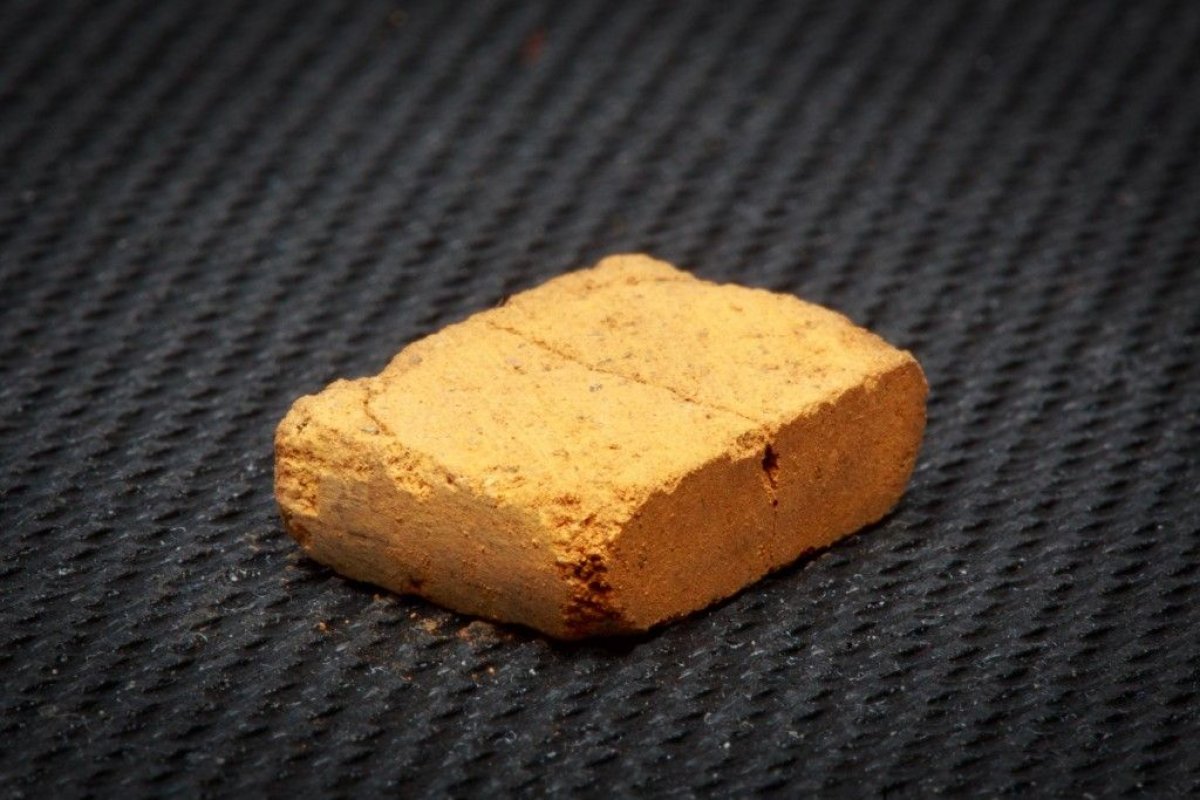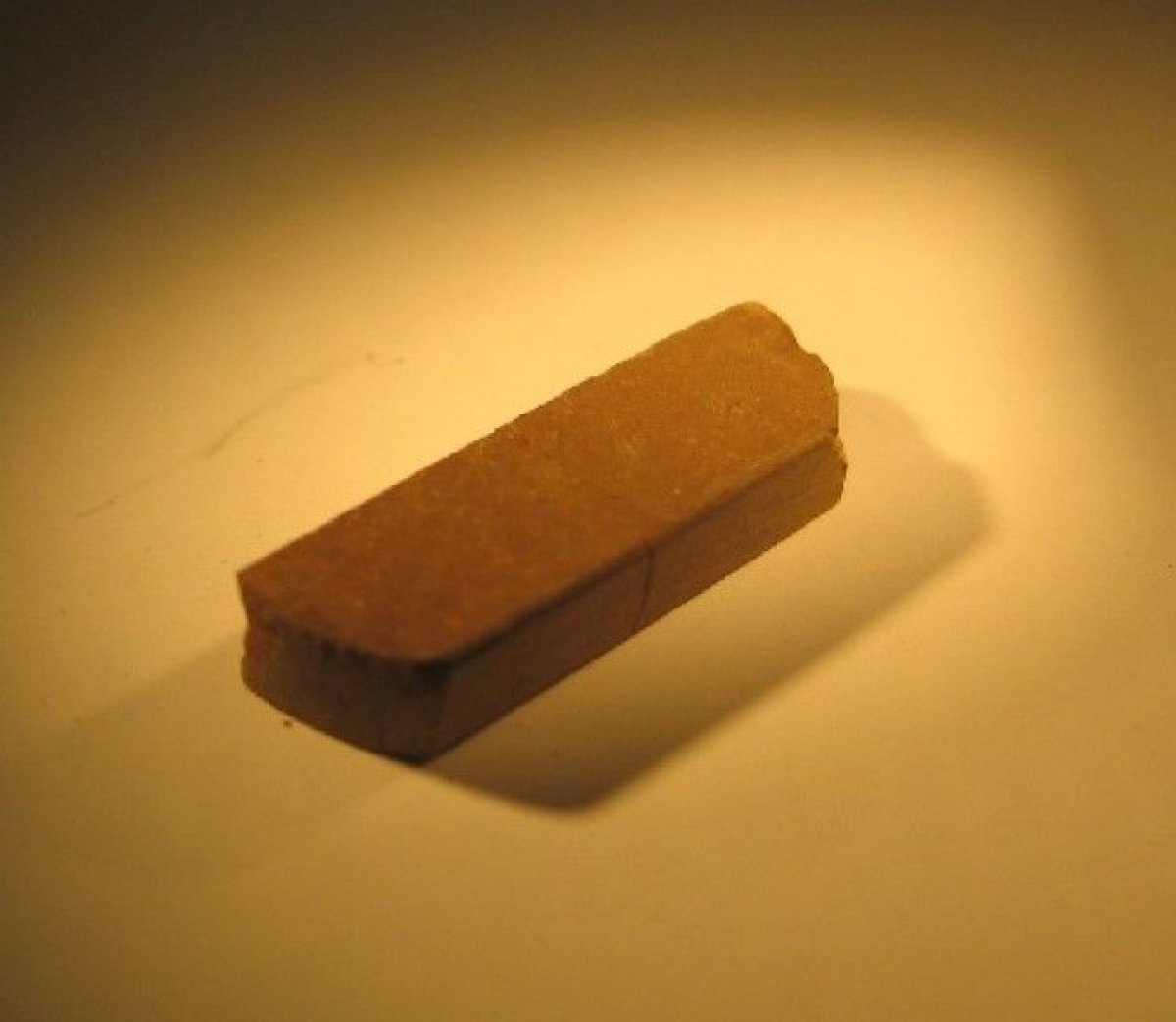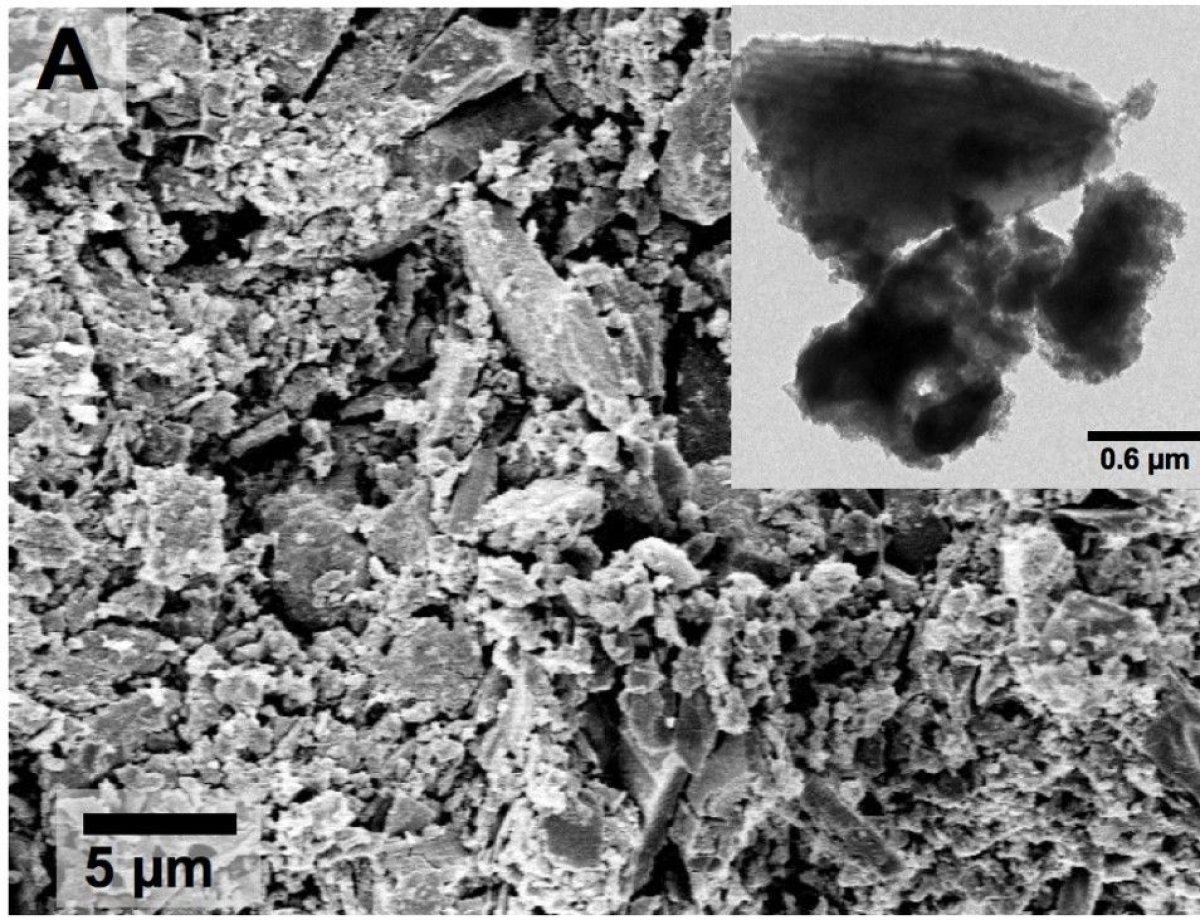
The prospect of a city on Mars where humans could live permanently just edged a little closer. Scientists have discovered the soil on the Red Planet can be used to make a building material stronger than steel-reinforced concrete—meaning it could be used to construct the first human settlement on another planet.
NASA hopes to send the first humans to Mars by the 2030s and is currently working to develop the Orion spacecraft, which it plans to use to get them there.
Once the craft has passed all the safety tests, astronauts will be sent into space on Orion, traveling further than humans have ever gone before. Eventually, NASA will send astronauts to low-Mars orbit.
NASA hopes to eventually build a research and operations "outpost" on the surface, but getting the materials needed to build permanent structures to Mars will be costly, especially if they have to be brought from Earth.

In a study published in Scientific Reports, researchers at the University of California at San Diego have shown how a compound very similar to the soil found on Mars can be used to create an extremely strong, dense rock.
They were able to do this using compression alone, meaning there would be no need for energy-intensive production techniques using heat or chemicals, for example.
The research, funded by NASA, follows President Donald Trump's bill directing the space agency to carry out manned mission to Mars in 2033. "Near-future exploration to Mars connotes the technology of space construction," the authors write. "Permanent human settlement on Mars requires infrastructure to sustain habitats and life. A steady supply of structural materials is integral towards this effort."

In the study, the team used a Martian soil simulant dubbed Mars-1a that has a chemical composition very similar to the earth found on the planet and has been used by scientists in the past to make bricks. However, all previous attempts involved complex chemistry requiring polymers that bound the soil together.
Initially, lead author Yu Qiao and colleagues were trying to cut down the amount of polymers needed to create a brick from Martian soil. Experiments eventually showed that none were needed at all.

Researchers encased Mars-1a in a rubber tube then compacted it under high pressure—for a small sample (less than a millimeter), compression equivalent to a blow from a hammer was enough to turn it into a dense rock.
The resulting product had strengths exceeding typical steel-reinforced concrete. Further research showed exactly how compression alone turned the soil into rock. The nanoparticle iron oxide, common to Martian soil, acts as a bonding agent.
"Martian habitats are ideally constructed using only locally available soils; extant attempts to process structural materials on Mars, however, generally require additives or calcination," the study says. "In this work we demonstrate that Martian soil simulant Mars-1a can be directly compressed at ambient into a strong solid without additives, highlighting a possible aspect of complete Martian in-situ resource utilization."
The scientists now plan to use the method to create larger bricks. Should further experiments prove successful, they say the technique could be used to build a structure on Mars by compacting a layer of soil then placing another layer on top and compacting that—and continuing this process until the structure is complete.
"The people who will go to Mars will be incredibly brave," Qiao said in a statement. "They will be pioneers. And I would be honored to be their brick maker."
Uncommon Knowledge
Newsweek is committed to challenging conventional wisdom and finding connections in the search for common ground.
Newsweek is committed to challenging conventional wisdom and finding connections in the search for common ground.
About the writer
Hannah Osborne is Nesweek's Science Editor, based in London, UK. Hannah joined Newsweek in 2017 from IBTimes UK. She is ... Read more
To read how Newsweek uses AI as a newsroom tool, Click here.








